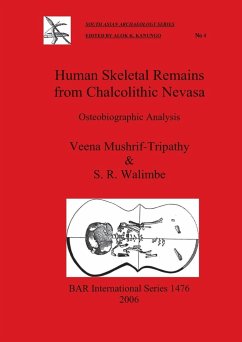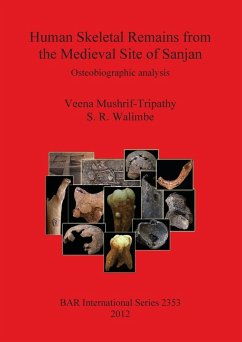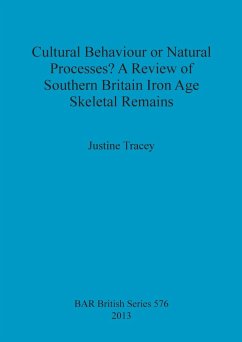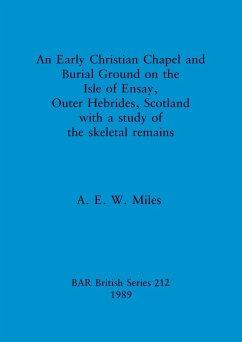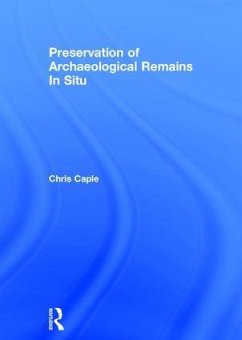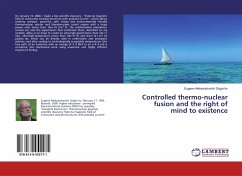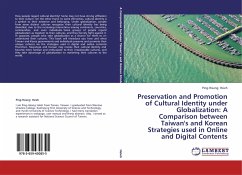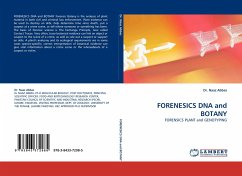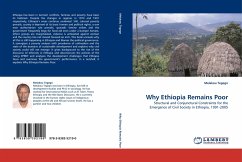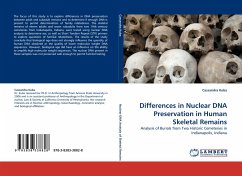
Differences in Nuclear DNA Preservation in Human Skeletal Remains
Analysis of Burials from Two Historic Cemeteries in Indianapolis, Indiana
Versandkostenfrei!
Versandfertig in 6-10 Tagen
32,99 €
inkl. MwSt.

PAYBACK Punkte
16 °P sammeln!
The focus of this study is to explore differences in DNA preservation between adult and subadult remains and to determine if enough DNA is present to permit determination of family relatedness. The skeletal remains of eleven adults and seven subadults from two 19th century cemeteries from Indianapolis, Indiana, were tested using nuclear DNA analysis to determine sex, as well as Short Tandem Repeat (STR) primers to explore questions of familial relatedness. The results of the study conclude that biological age does not strongly influence the quantity of human DNA obtained or the quality of lowe...
The focus of this study is to explore differences in DNA preservation between adult and subadult remains and to determine if enough DNA is present to permit determination of family relatedness. The skeletal remains of eleven adults and seven subadults from two 19th century cemeteries from Indianapolis, Indiana, were tested using nuclear DNA analysis to determine sex, as well as Short Tandem Repeat (STR) primers to explore questions of familial relatedness. The results of the study conclude that biological age does not strongly influence the quantity of human DNA obtained or the quality of lower molecular weight DNA sequences. However, biological age did have an influence on the ability to amplify high molecular weight sequences. The nuclear DNA present in these samples was not preserved well enough to permit familial testing.



